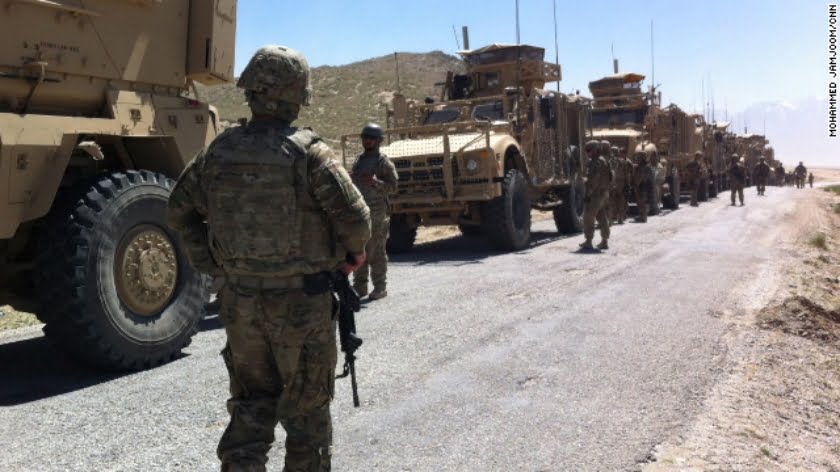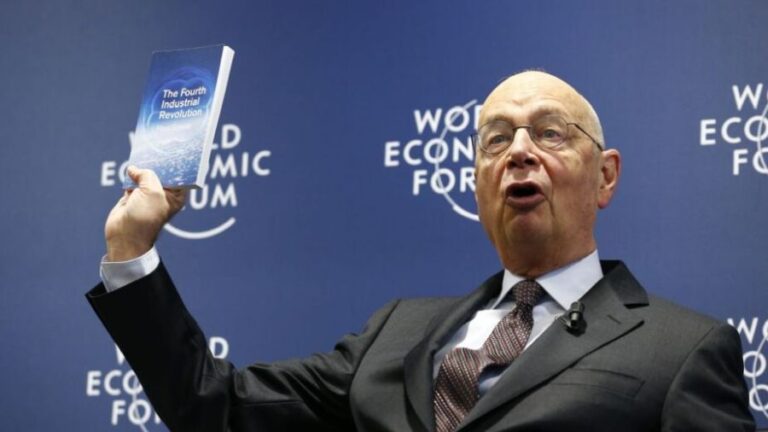India Implied That Trump Is Surrendering to the Taliban to Win Re-Election
India’s UN Representative didn’t directly say that Trump is surrendering to the Taliban to win re-election, but he strongly implied as much during a speech that he recently gave before the Security Council, with this indirect infowar attack against his country’s new military-strategic ally showing just how desperate New Delhi is to have the Pentagon keep its troops in Afghanistan for as long as possible.
India and the US are military-strategic allies nowadays in their shared quest to “contain” China, so it might have caught some observers off guard to hear that New Delhi’s UN Representative strongly implied during a speech before the Security Council that Trump is surrendering to the Taliban to win re-election. He was diplomatic enough not to directly say so, of course, but he clearly conveyed that notion when he said that “We see that some may be driven by a sense of an urgency with timelines which are, perhaps, not intrinsic to the needs of the Afghan people…As the way forward is chalked out, we cannot ignore that groups enjoying support and safe havens carry out violent and terrorist activities from across borders. They cannot be allowed to negotiate from a place of advantage.”
As can be seen, the first part of the quote insinuates that the US’ urgency in clinching a peace deal with the Taliban is driven by domestic political considerations, most likely Trump’s re-election campaign, while the second section unambiguously says that the group is “negotiating from a place of advantage”. Put together, the obvious innuendo is that this is an American strategic surrender for domestic political reasons, which isn’t the case at all but rather represents a weaponized narrative being spun by New Delhi in its desperate bid to have the Pentagon keep its troops in Afghanistan for as long as possible. India regards the land-locked country as bestowing it “strategic depth” vis-a-vis the global pivot state of Pakistan, but its growing influence there is only assured as long as American troops remain.
Most observers predict that the Taliban will speedily return to power after the US’ withdrawal, thereby reversing India’s strategic gains and creating a comparatively more comfortable regional security environment for Pakistan. The protection that India’s proxy terrorist forces of the “Balochistan Liberation Army” and the TTP are afforded by American troops and Kabul’s allows them stage to cross-border attacks against Pakistan as part of the ongoing Hybrid War on CPEC, though the US might curtail its activities in this respect as part of its peace deal with the Taliban and in the event that it ever reaches an agreement with China to end the so-called “trade war”. In that scenario, India’s agents would be left to fend for themselves and would probably have to leave Afghanistan entirely in order to avoid being killed by the country’s new rulers.
In a sense, India has been “Leading From Behind” by getting the US to do its regional bidding for the past two decades out of the shared interest that these two Great Powers had in destabilizing Pakistan, which ironically made the US the proxy of a foreign power for the first time ever in a reversal of the relationship that it’s usually known for having with others. That’s about to change, however, since the US is serious about withdrawing from Afghanistan. It also realized that India needs it to “contain” China much more than the US needs India for the same, so their military-strategic alliance won’t suffer in spite of America jeopardizing its partner’s “strategic depth” in Afghanistan. India’s UN Representative can try to spin this as much as he wants, but that doesn’t change the fact that the US is “rebalancing” its relations with India and now has the upper hand in all respects.
By Andrew Korybko
Source: Eurasia Future







